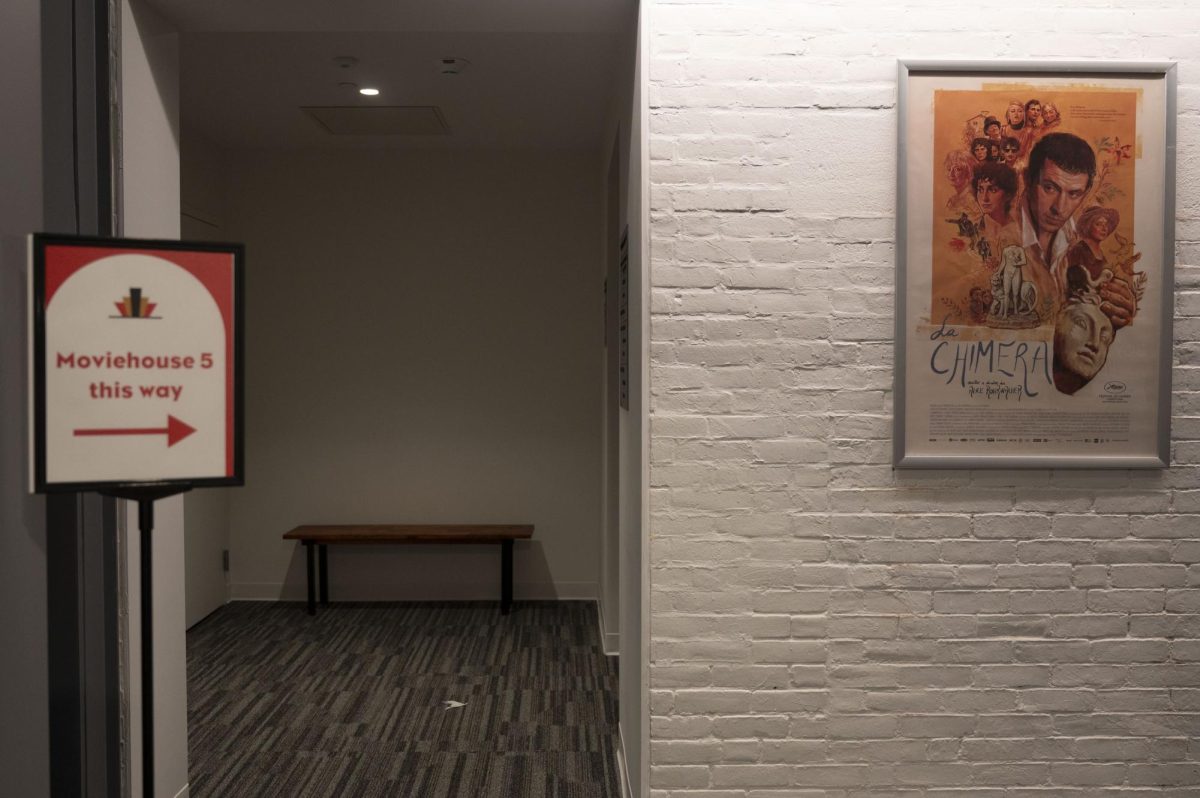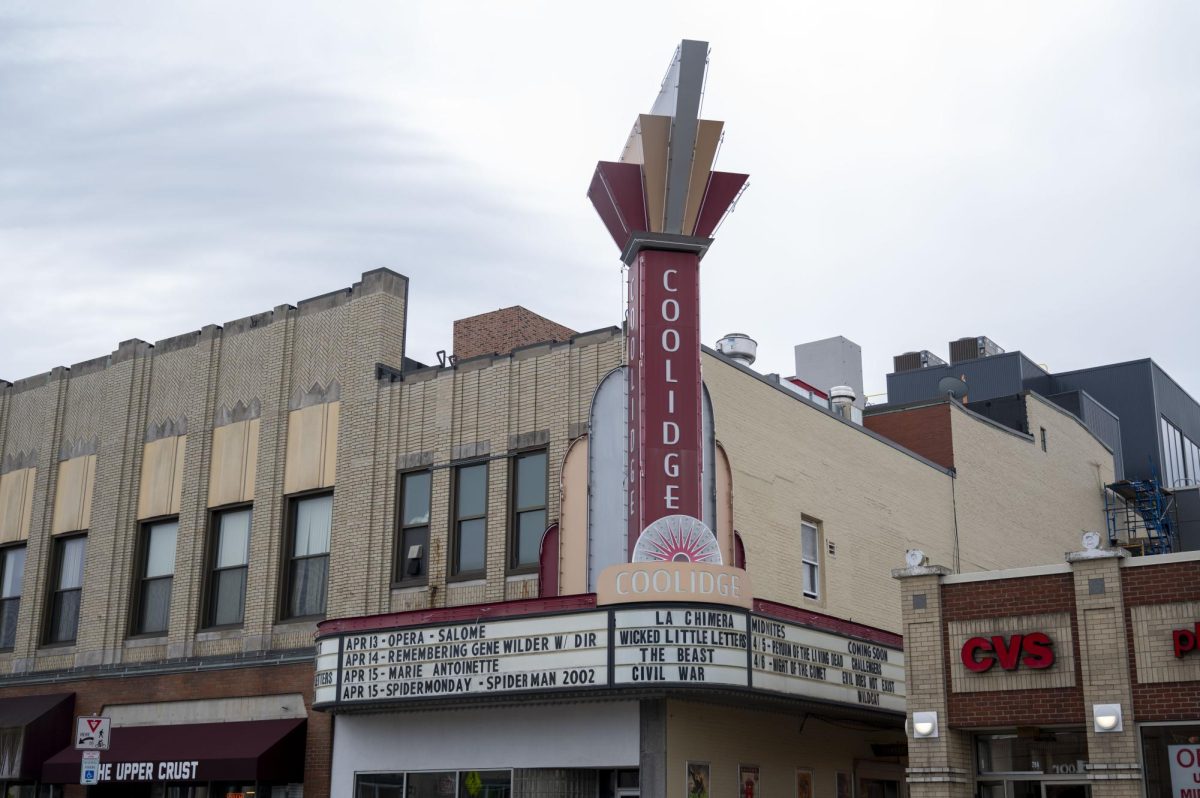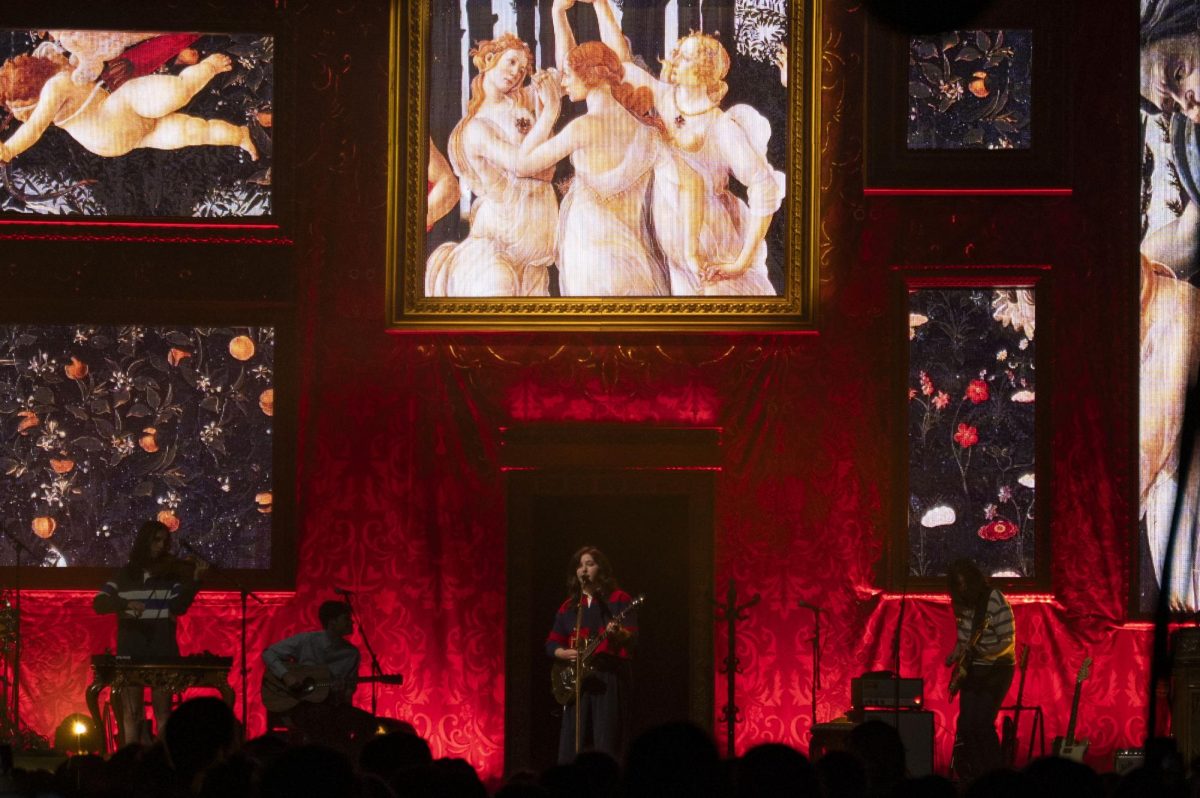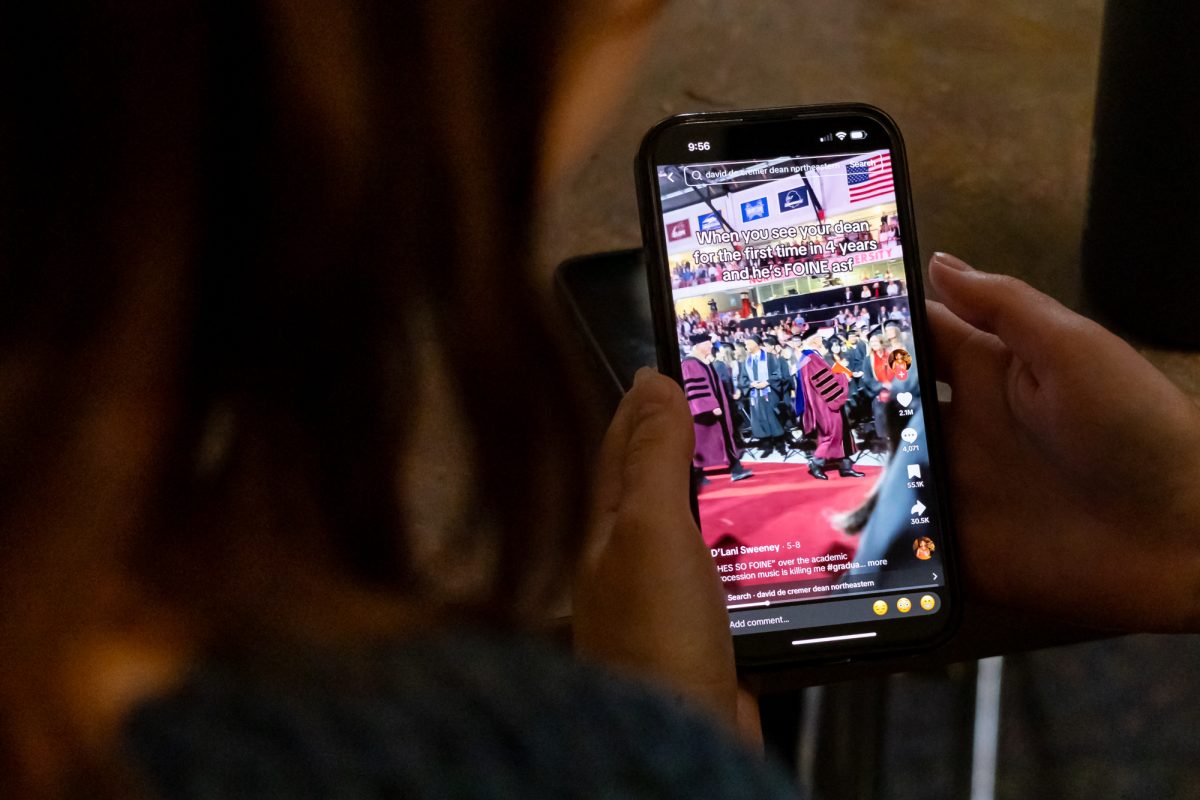The Coolidge Corner Theatre unveiled renovations that have been in development for more than a decade March 27.
The renovations created 14,000 square feet of new space, including two movie houses with a total of 206 new seats, an expanded lobby with an indoor box office and a brand-new media library and Education and Community Engagement Center.
With its new renovations, the theatre is better equipped to achieve its mission “to entertain, inform and engage” and build a “vital community through film culture,” according to its website. The theatre’s new Education and Community Engagement Center will give it “the opportunity to launch a youth education program that’s primarily geared [towards] middle school and high school students,” said Beth Gilligan, deputy director of the Coolidge Corner Theatre.
“[Education] was always the centerpiece of the campaign. We felt strongly that, because it is a mission-driven nonprofit, it’s really what differentiates us, because film is just such a great tool for engagement and discussion,” Gilligan said of the theatre’s prioritization of interesting, informative lectures and seminars with its reopening, which included the hiring of a director of education in July 2023.
The addition of two new screens will radically shift the theatre’s programming, allowing it to continue its cultural programming without missing out on screenings of blockbuster films that accrue significant amounts of income for smaller theatres. The improved quality of the new movie houses will also increase the attractiveness of the theatre to distributors, making it an essential destination for any new films.
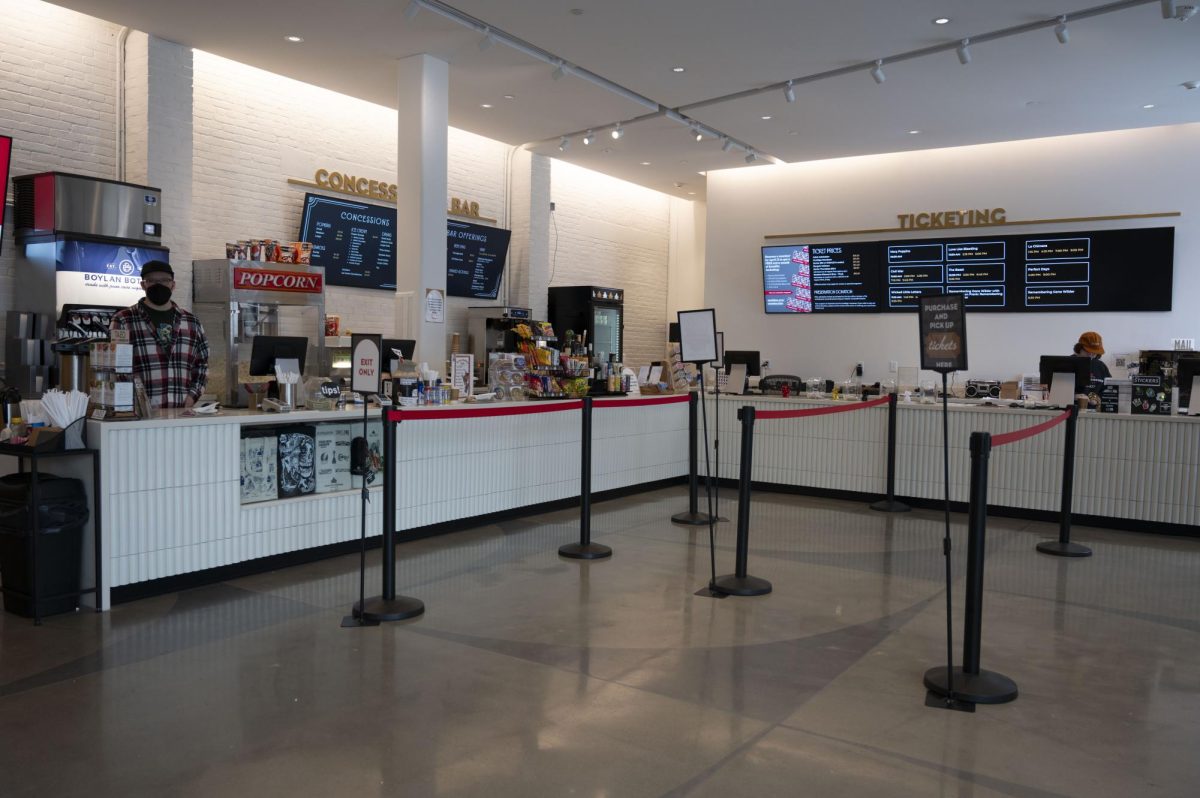
The $12.5 million Campaign for the Coolidge, a fund that kept the nonprofit afloat throughout the pandemic and competition with large corporate theatres like AMC, supported the renovations. Although Coolidge leadership first presented plans for the renovation at a Brookline town meeting in 2013, construction only began on the project in November 2021 and concluded in March.
“Certainly there have been twists and turns along the way, the pandemic being the most notable one,” Gilligan said. “We were having planning meetings back in February and early March 2020 to take the campaign public and instead, of course, had to pivot and fundraise to support the organization as a whole.”
Gilligan credited the massive success of cinematic events like “Barbenheimer” and the quality and rarity of the theatre’s repertory programming — which consists of limited-time screenings of more obscure films — for building anticipation for the opening of the new space.
“I think that’s why our numbers were so strong this past year. Sure ‘Barbie’ and ‘Oppenheimer’ helped, but also our repertory programming was just off the charts and we had our art house sci-fi series, [which] had huge sold-out crowds for some films,” she said. “I don’t think the classic films that are being shown in the commercial theatres are performing as well. And it’s because they’re not really given the marketing, the love, the attention and the special sort of eventizing that we do.”
The theatre hosted screenings of “2001: A Space Odyssey” and “The Wizard of Oz” to inaugurate its new screens. The grand opening also included two free open houses March 26 and April 6 to give community members a chance to check out the space.
The theatre opened its doors to the public in 1933 and has served as Brookline’s premiere art house and community theatre ever since. Boston and Brookline residents frequent the Coolidge for its friendly staff, rustic feel and niche cultural programming, including screenings of classic films that would otherwise be impossible to see in the theatre for modern audiences.
“[The theatre] is trying to create space and build community around liking cool old movies. And that, for me, is the part that I love … and I think that that’s what Boston residents flock to,” said Jack Hansen, a fourth-year mechanical engineering major at Northeastern University. “They like feeling nostalgia in a room full of people that are seeing it for the first time. It’s a lot more powerful than sitting on your couch and watching ‘The Matrix’ alone.”
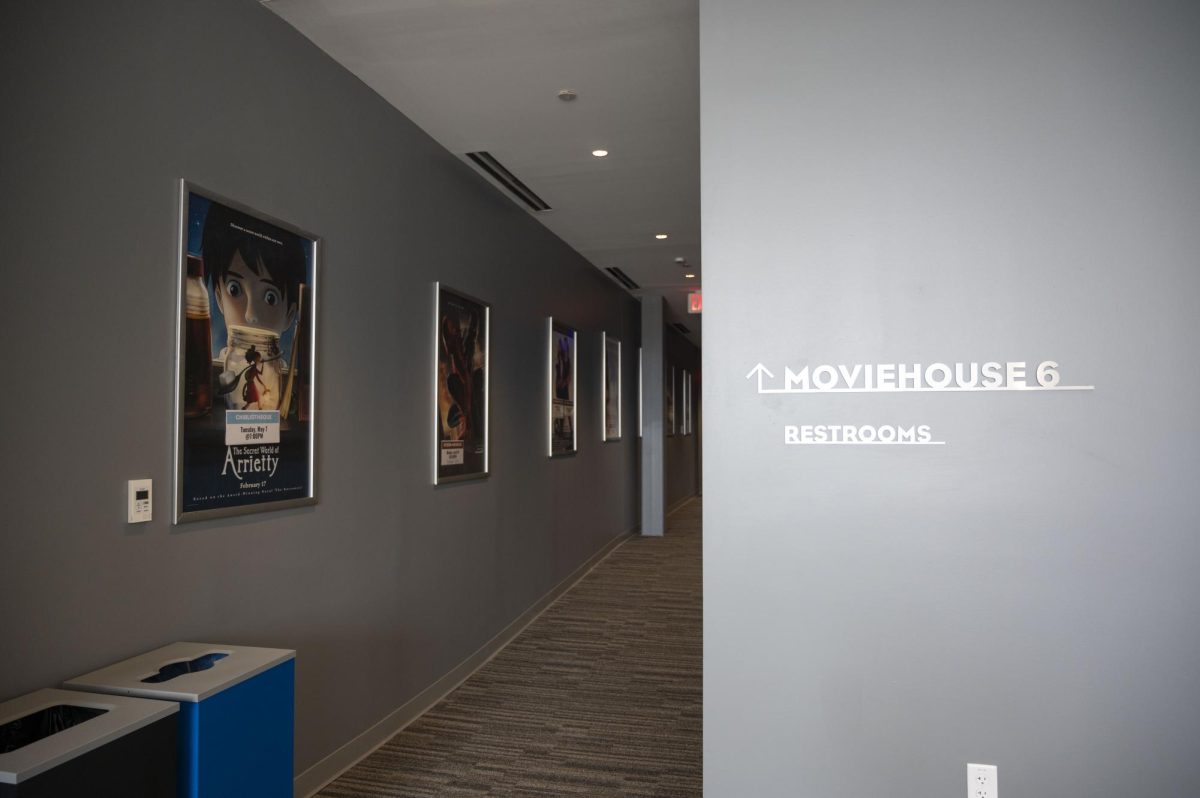
Coolidge employees, many of whom are cinephiles themselves, are integral to the theatre’s community building efforts.
“Our staff is so knowledgeable about film. If you go down and buy a ticket or buy popcorn … people will deep dive on [Jean-Luc] Godard, or whoever else,” Gilligan said. “Everybody is so passionate about film and so passionate about what we do, and I think that isn’t always the case again in commercial theatres.”
The theatre is also well-known for its “Coolidge After Midnite” series, which screens cult films like “Zombieland” and “Train to Busan,” and creates new opportunities for cinephiles to reconnect with movies they’ve loved for years alongside first-time viewers.
Chicago resident and Boston College alum Patrick Fahey still makes sure to visit the theatre whenever he is in town and has seen everything from “Barbie” to “Citizen Kane” there.
“Now, having moved away, I feel like it’s something you kind of take for granted when you live there … People who go to the movies at the Coolidge Corner [Theatre], they really appreciate having it there and having all the different events and programs, and even the educational series they have about history or social justice,” he said. “If that was suddenly to go away, there wouldn’t be anywhere else that you could find that kind of stuff. Not at an AMC or a Regal, or anywhere else.”
Leading up to the opening of the space in March, the theatre celebrated the debut of its renovations with a series of screenings of films by debut directors, including projections of Sofia Coppola’s directorial debut “The Virgin Suicides” and the Japanese supernatural film “House” by Nobuhiko Obayashi. The theatre will continue celebrating the opening of its new screens with its April repertory series “What’s the Score?” which highlights films with influential scores and soundtracks.
“We were closed for 14 months [during the pandemic]. That certainly delayed things, but we persevered, and people from the community have been so enthusiastic and so supportive along the way,” Gilligan said. “That has kind of been what’s kept us going, is that people have believed in our vision and they’ve supported it.”
